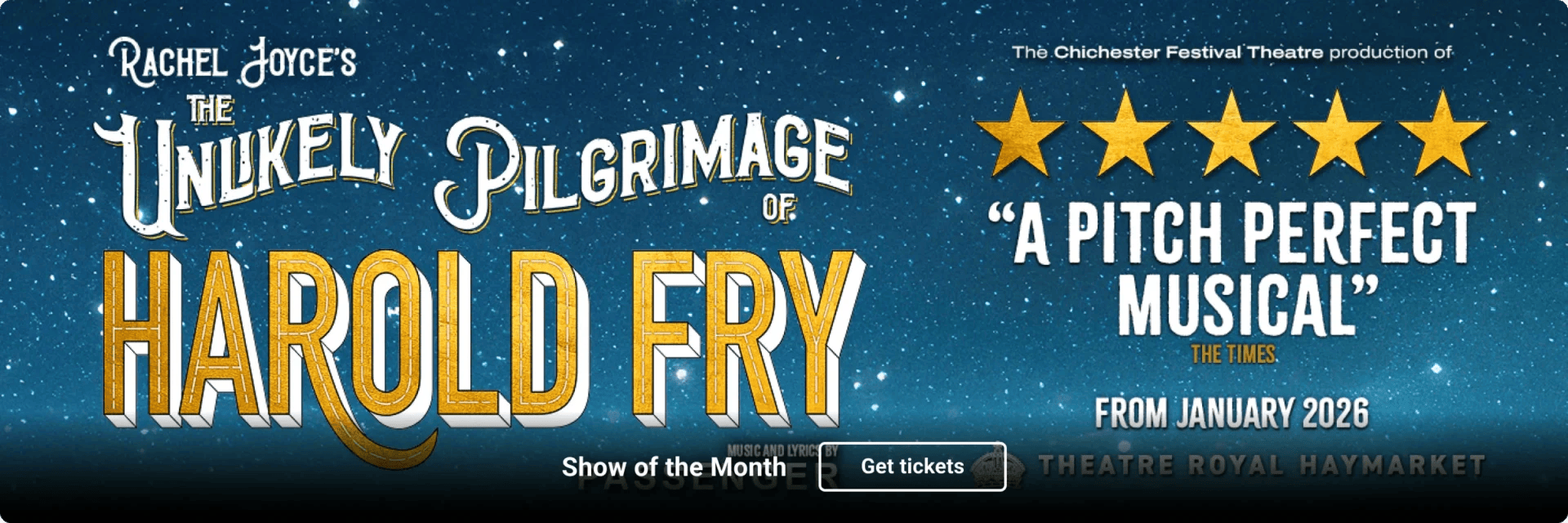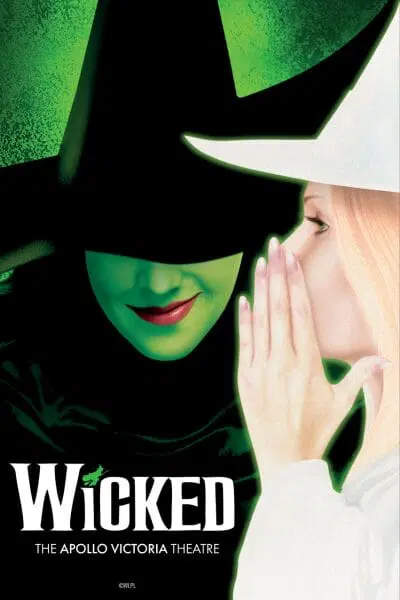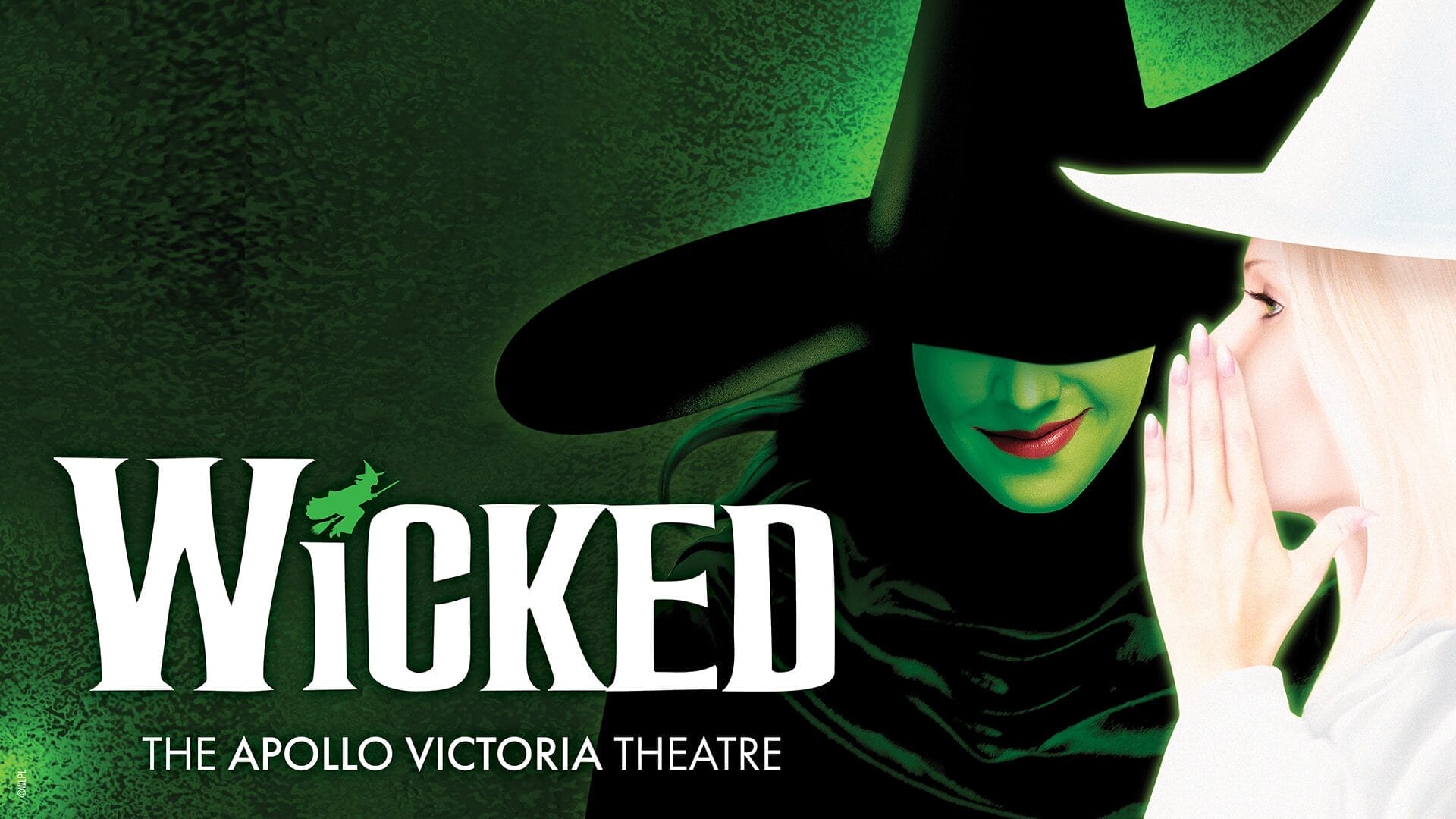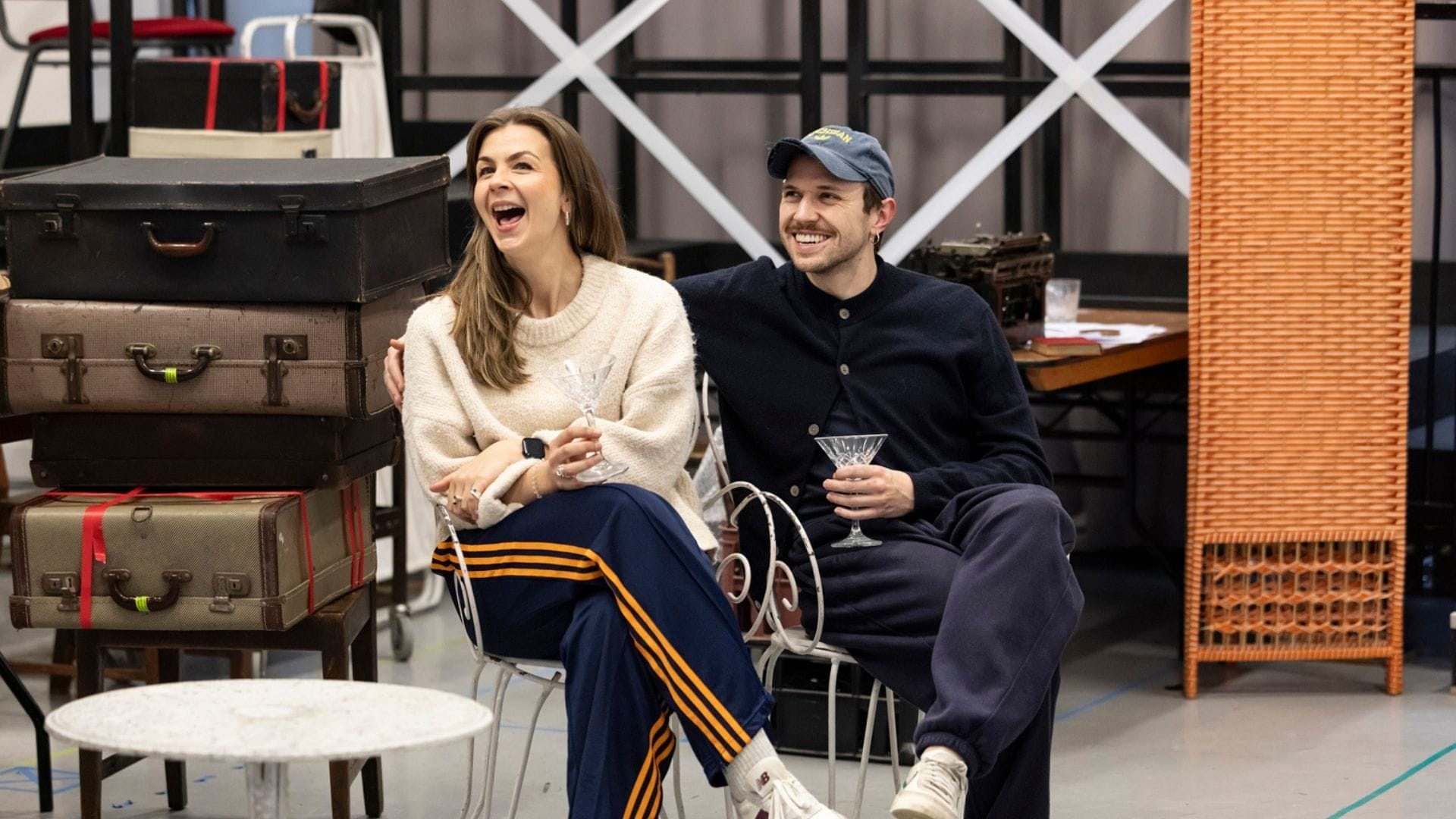 Carey Crim’s 23.5 Hours serves as a prelude to the #MeToo movement, exploring the devastating aftermath of a sexual assault accusation against high school drama teacher Tom, which shatters his family. After two years in prison, Tom returns to a broken home: his son Nicolas faces endless humiliation that results in drug addiction, and his wife Leigh entirely collapses.
Carey Crim’s 23.5 Hours serves as a prelude to the #MeToo movement, exploring the devastating aftermath of a sexual assault accusation against high school drama teacher Tom, which shatters his family. After two years in prison, Tom returns to a broken home: his son Nicolas faces endless humiliation that results in drug addiction, and his wife Leigh entirely collapses.
Written in an era before #MeToo, the play feels both old and new. While the whole point of #MeToo is reflecting, examining, and improving the legal reasoning and process of proving assault, this play just sidesteps this point. Meanwhile, it remains relevant by acknowledging the grey areas not just in legal systems, but also in our emotional depth.
Directed by Katharine Farmer, this production showcases a high level of completion – not often seen in off-West End these days. The subtlety of the staging incorporates seamlessly in the opening, where the couple mingles with their friends, Bruce and Jayne, in a seemingly merry and relaxed atmosphere that is easily shattered because of the accusation.
Scenes transition swiftly through the cast’s movement and Jamie Platt’s control of light. While many performances may prefer a more expressionistic, Brechtian style of slow-motion choreography, this performance remains realistic. It is the change of light – from natural light to neon light tubes on the back wall – that indicates characters’ internal turmoil, accompanied by Julian Starr’s soundscape which is contrastingly melodic and soothing.
Without a doubt, Lisa Dwan excels every minute onstage. In fact, as the central character, Leigh’s image is somewhat blurred, more like an assemblage of troubled wives and mothers, lacking her definitive story. Dwan makes up for it, especially in the scene where Leigh eventually confronts Tom, telling him her encounter with the accusing girl at the grocery store in full detail. In these excruciating moments, Dwan transforms Leigh into a real person, defining her own story through her trembling limbs and hoarse voice, as well as her wrenching pauses and gazes mixed with fury, pleading, love, and despair.
The show is full of Shakespearean references, not just to depict Tom as a learned literary man, but also to serve the narrative. Juliet is 13 years old but Romeo can be an adult, just like Tom’s situation. Leigh as Desdemona in high school also reveals the unbalanced power dynamics between her and Tom – her once drama teacher some twenty years ago.
The show also lacks reflections on same-sex friendship, with a stark contrast between sisterhood and brotherhood. The hug between Tom and Bruce (Jonathan Nyati) at Tom’s welcome home party silently reinforces their bond, whereas the friendship between Leigh and Jayne (Allyson Ava-Brown) seems so fragile, unable to stand on its own and being irrelevant to the men. Furthermore, the story’s whole premise of “being wrongfully accused of sexual assault” also looks too utopian. In our patriarchal reality, it is always the woman who must exhaust herself to prove her innocence.
Packing, leaving, and separating, Tom and Leigh leave their house. Separation or divorce? We don’t know. 23.5 Hours leaves us with an open end not only for this narrative, but also as an infinite query towards sexual assault in a post-#MeToo era.
23.5 Hours is at Park Theatre until 5th October 2024.

















